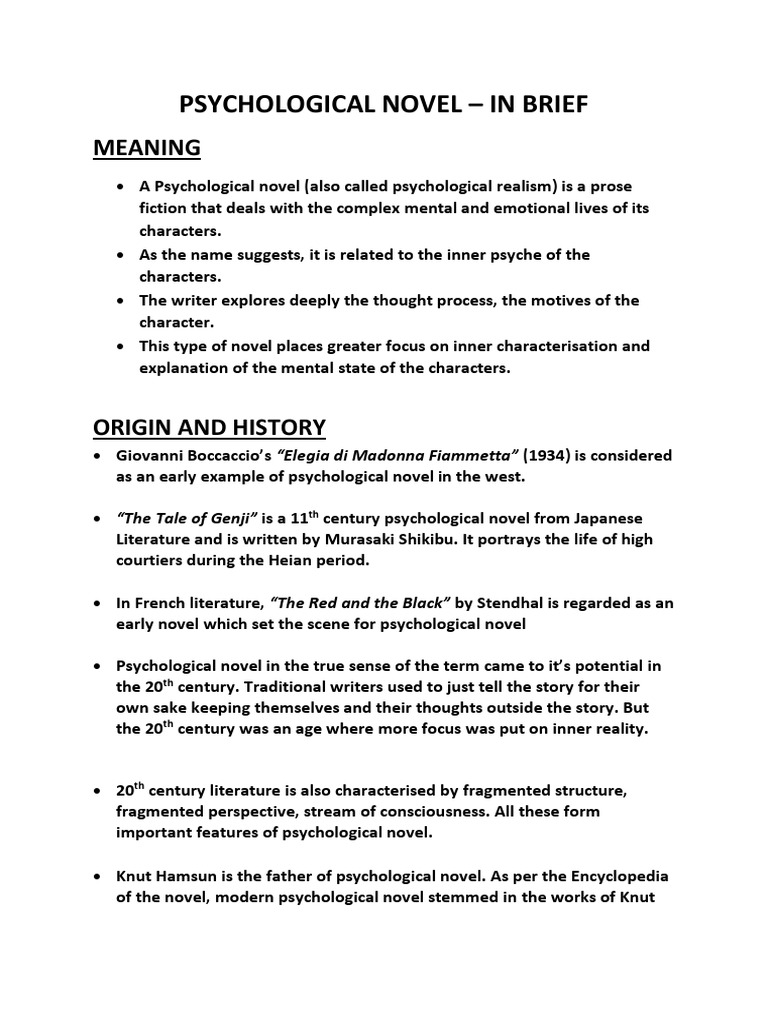So today I wanted to dig into psychological fiction since I’ve been binging thrillers lately. Started by just googling “what makes a book psychological fiction” around 7am with my coffee.
Saw tons of conflicting definitions, so I grabbed five novels from my shelf to compare. Re-read passages from Gone Girl and The Bell Jar, then flipped through my dog-eared copy of Crime and Punishment. Made messy notes about how much time each spent drilling into characters’ brains instead of just describing action.
My Testing Process
- Tracked thought density : Counted internal monologue paragraphs vs dialogue scenes
- Highlighted power dynamics : Marked every manipulative conversation in yellow
- Timed tension building : Used phone stopwatch during suspense chapters
Realized around noon that unreliable narrators make or break this genre. Tried rewriting a simple park scene from three twisted perspectives just for fun:
- A paranoid ex-con seeing threats everywhere
- A narcissist interpreting everything as admiration
- Someone dissociating during a panic attack
Got totally absorbed and almost burned my lunch. The exercise showed me how psychological fiction bends reality through damaged lenses.

Finished by compiling this cheat sheet from my scribbles:
- Must-haves : Deep character psychology, mental struggles driving plot
- Red flags : Surface-level trauma tropes, therapy session clichés
- Gold star examples : Misery by Stephen King, anything by Patricia Highsmith
Honestly thought I’d figure this out in an hour but it took all day. Now I’m eyeing my bookshelf differently – might revisit Wuthering Heights tomorrow to analyze Heathcliff’s toxic mindset. These characters stick with you because their broken brains feel terrifyingly real.

